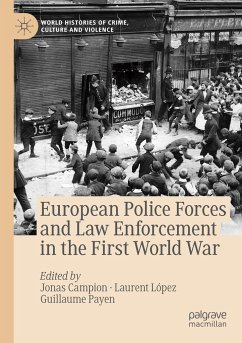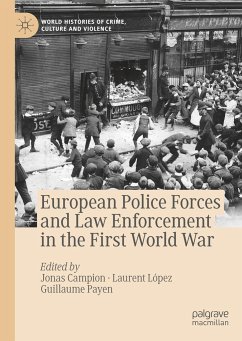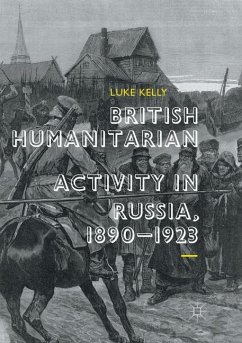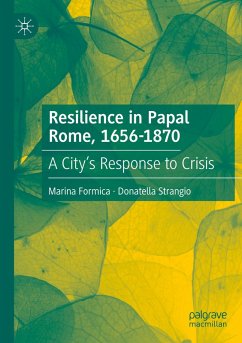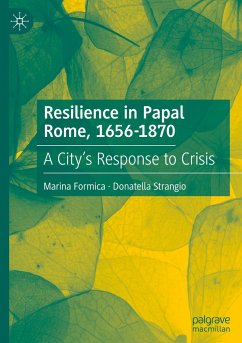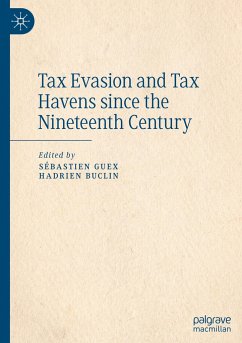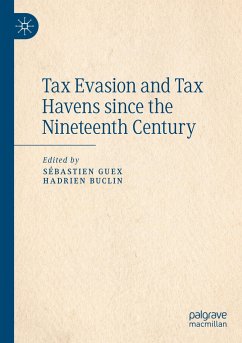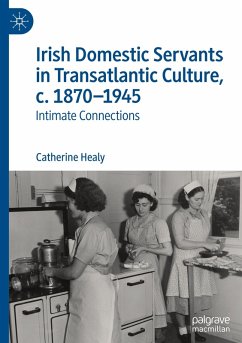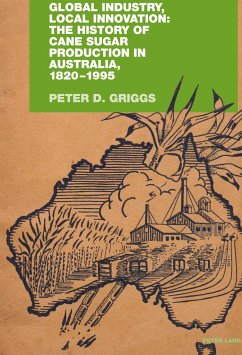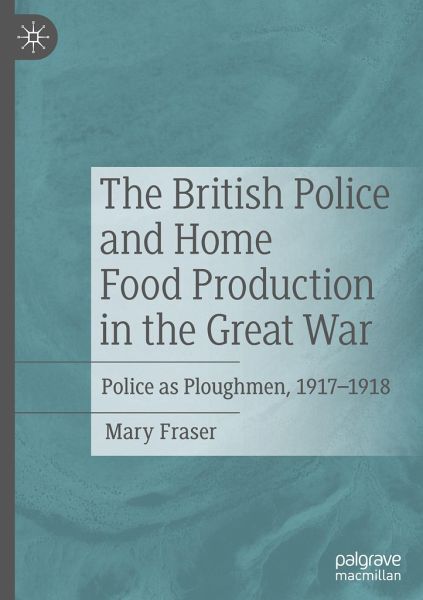
The British Police and Home Food Production in the Great War
Police as Ploughmen, 1917-1918
Versandkostenfrei!
Versandfertig in 6-10 Tagen
106,99 €
inkl. MwSt.
Weitere Ausgaben:

PAYBACK Punkte
53 °P sammeln!
This book explores the role of the British Police in home food production during the First World War, a critical time when decreasing food imports threatened population starvation around the country. Drawing from the police's most popular weekly journal, the book provides insights into policemen's lives, the political context in which they worked, and the pressures on police forces throughout Britain during the Great War. Unlike neighbouring countries in Europe, Britain avoided major food riots due to government control of farming from December 1916, which prioritised agriculture to feed the n...
This book explores the role of the British Police in home food production during the First World War, a critical time when decreasing food imports threatened population starvation around the country. Drawing from the police's most popular weekly journal, the book provides insights into policemen's lives, the political context in which they worked, and the pressures on police forces throughout Britain during the Great War. Unlike neighbouring countries in Europe, Britain avoided major food riots due to government control of farming from December 1916, which prioritised agriculture to feed the nation. The police force released over 400 policemen in England and Scotland to serve as ploughmen from March 1917 for around two months. Almost a third of policemen throughout Britain had previous agricultural backgrounds and so were welcomed by farmers as experienced workers. This book illustrates not only why the food crisis arose and the state of British farming during the war, but italso sheds light on how individual police forces were approached and encouraged to release their policemen, at a time when police forces themselves were critically short of staff due to recruitment into the war. The author discusses how the release of policemen into agriculture as first responders benefitted the police and provided surveillance over home food production in the national interest.




